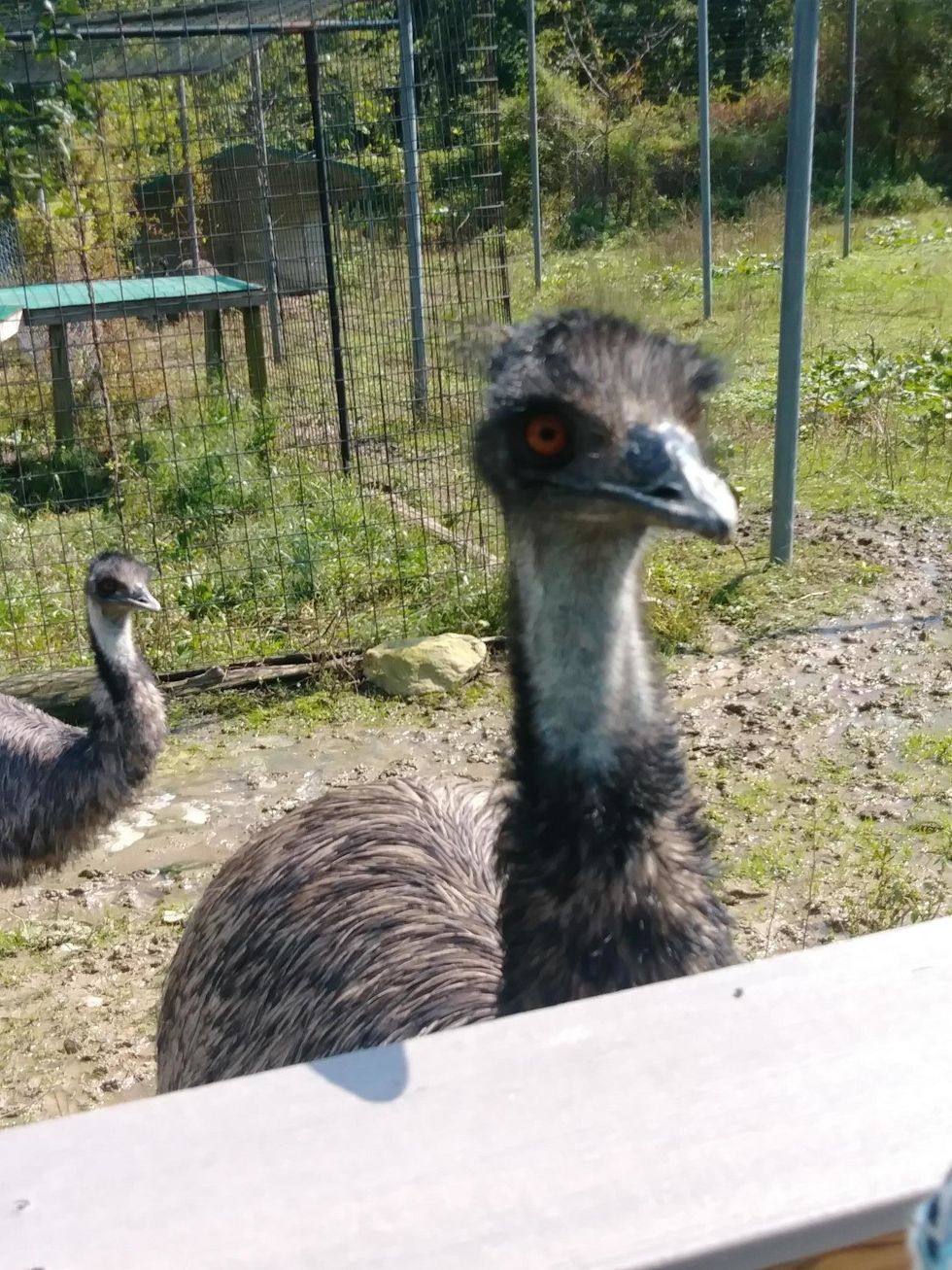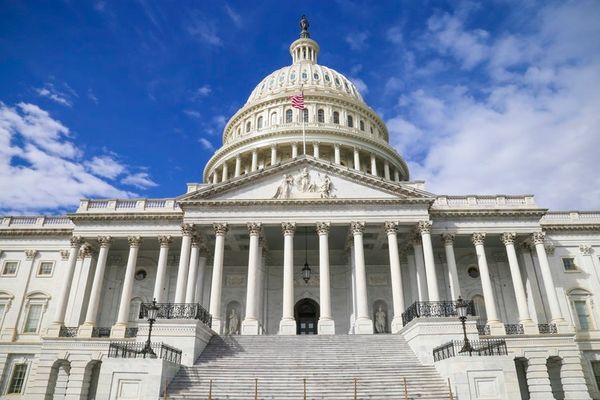Upon visiting the East Coast Exotic Animal Rescue, I was excited to view and learn about all the animals, expecting the rescue to be a form of the rehabilitation center. I quickly discovered that the wild and exotic animals kept at the rescue were not there for rehabilitation, but instead were using the rescue center as a safe haven from the exotic pet trade. The animals there, although now happily situated, did not always have such stable lives. The animals were sold illegally through the black market, kept in small bird cages, and were forced to breed. For these animals, the lives they know now are very different from the dark lives they once knew through the expense of this trade.
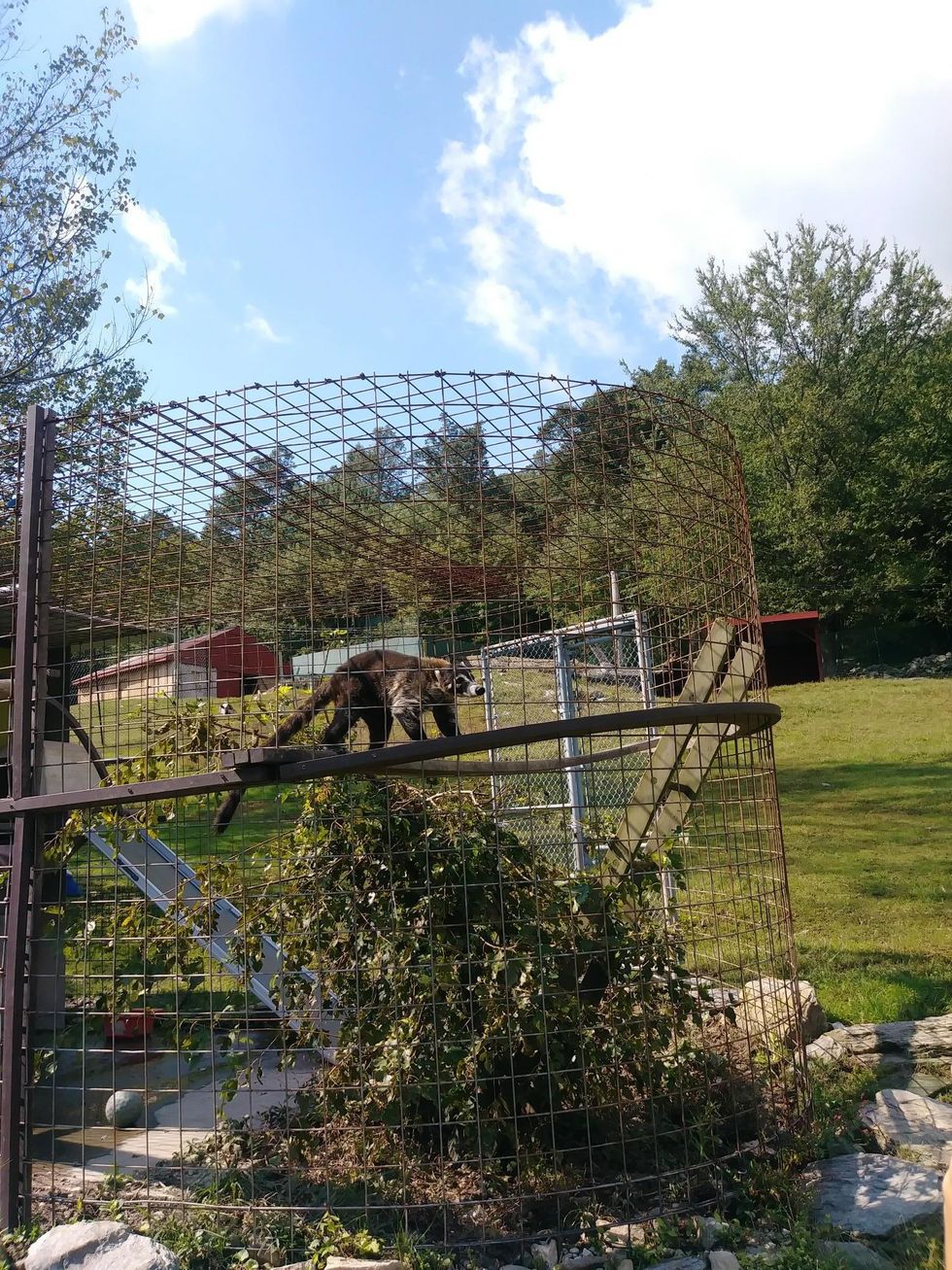
According to the Humane Society of the United States (HSUS), the exotic pet trade is a multi-billion dollar industry, second only to the drug and weapon trade on the black market. In the United States alone, it is a $15 billion dollar business, with breeders and dealers selling animals online, in trade magazines, and at exotic animal conventions. For the purpose of personal entertainment or even circuses and roadside zoos, millions of exotic animals are forced into the exotic pet trade every year.
Because of the nature of this trade, a majority of states are unable to keep accurate records of exotic animals entering and also cannot determine exactly how many exotic animals are privately kept as pets. Although not all wildlife trade is illegal, there are several animals such as bats, large felines, and fennec foxes that are illegal to be kept as pets in the United States. Thirteen states ban private possession of exotic animals, seven states have a partial ban, fourteen states require a license or permit to possess exotic animals, and the rest possess little to no regulation whatsoever. Some states are more strict with their laws on the exotic pet trade than others, and without a unifying law or guideline that is universal to all states preventing the trade of exotic animals, it continues to happen.
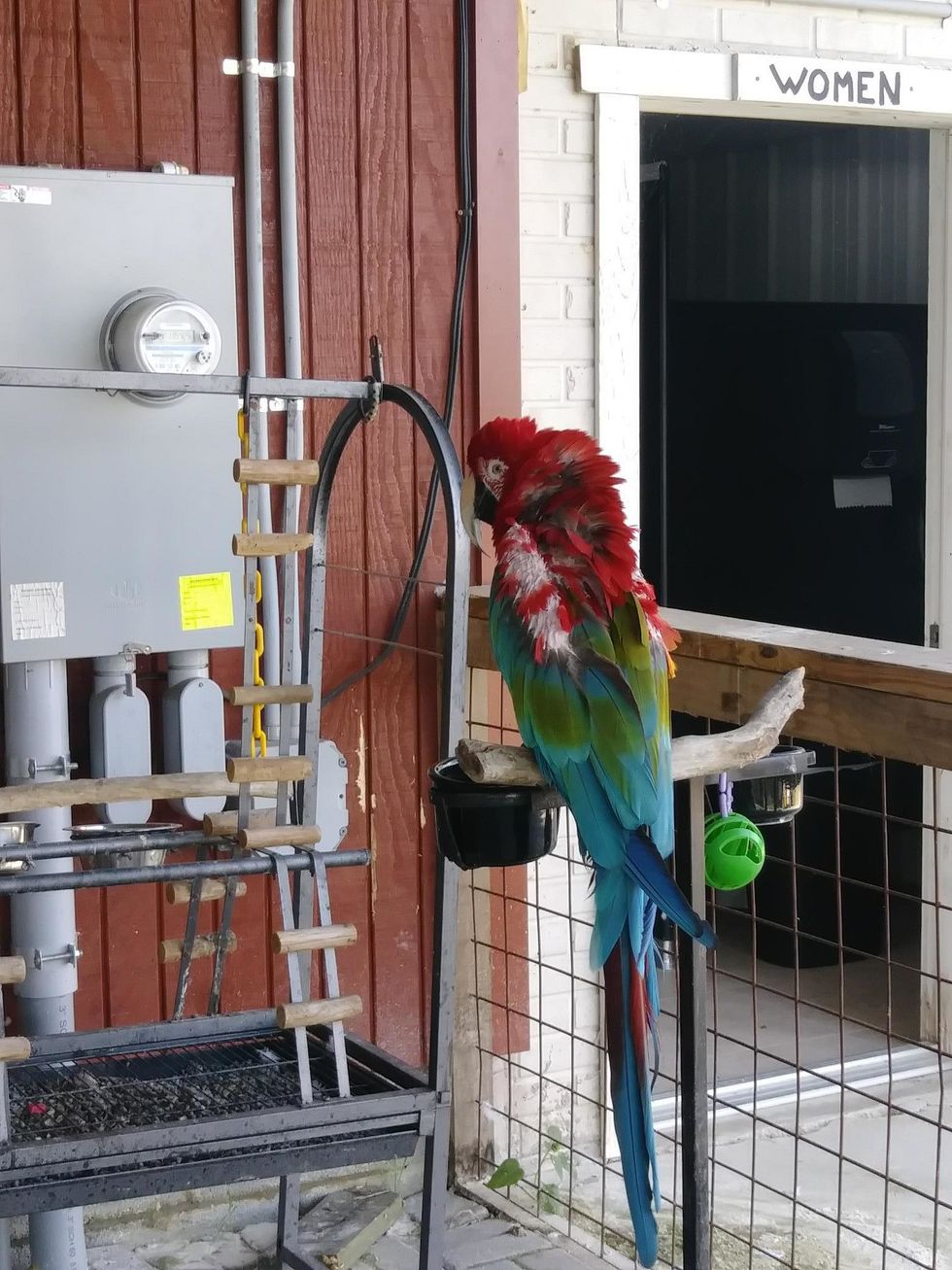
While some wild pets are bred in captivity, many exotic animals are taken directly from their natural habitats. The stress of being violently removed from their homes causes many animals to die before they ever reach their intended destination. The American Society for the Prevention of Cruelty to Animals (ASPCA) reports that infant animals are the most desirable "product" in the trade and earn dealers the largest profits. In order to capture the infant, poachers will often kill the mother.
Although baby animals may be cute, they will eventually grow into "dangerous adults with unmanageable needs." The East Coast Exotic Animal Rescue had rescued a finger monkey that a woman had bought when it was a baby; once the monkey matured it began to violently attack her leading her to eventually abandon it.
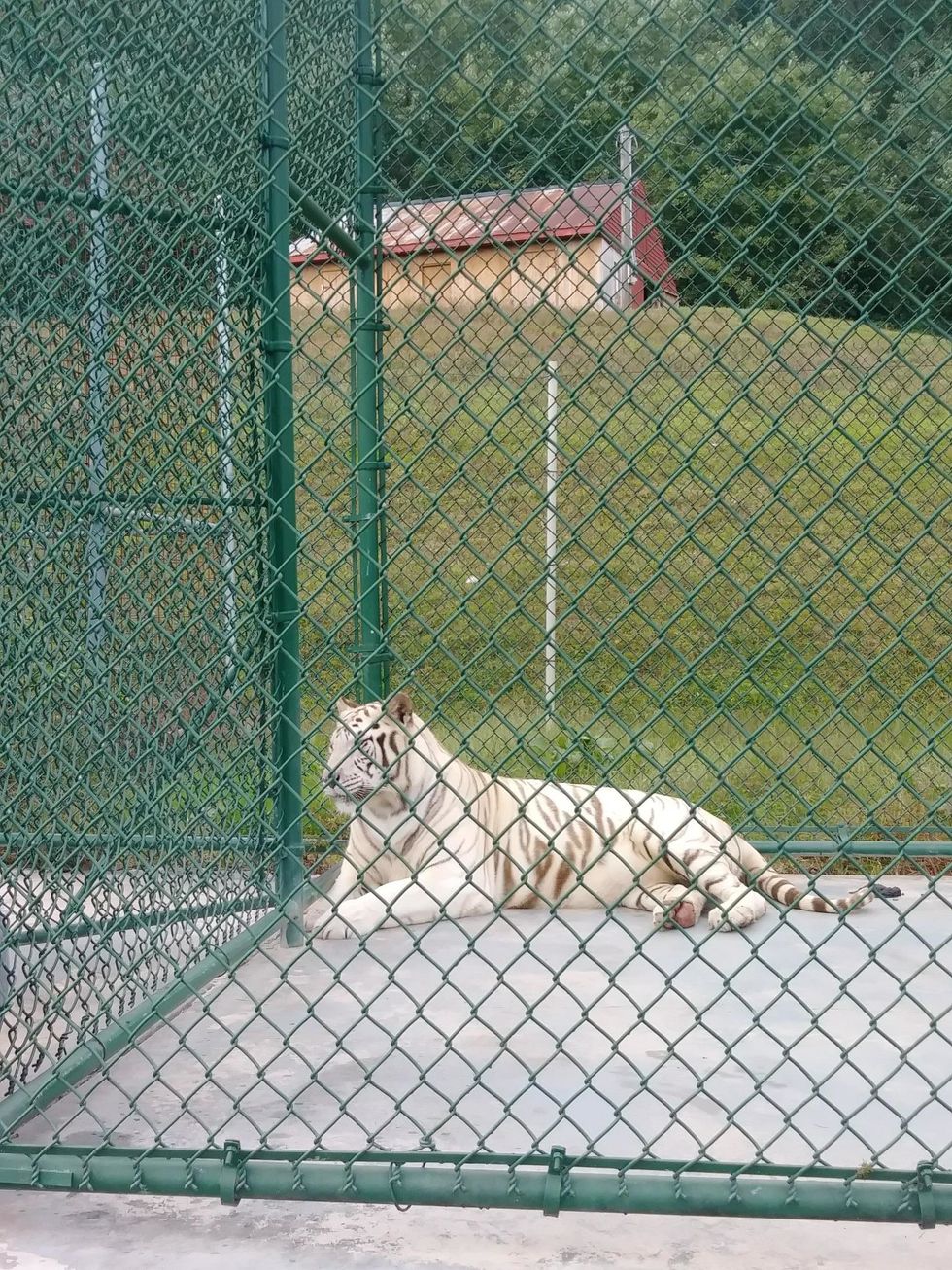
Although many people think having an exotic animal as a pet would be fun and exciting, the truth is, it's not. When people see a cute animal they do not realize the huge responsibility that comes with owning an exotic or wild animal as they require "special care, housing, diet, and maintenance that the average person cannot provide." As exotic animals grow, their needs for food and space also increase and oftentimes these "once-loved pets" are put in cages where they are neglected or abused. When you adopt a wild animal, not only are you taking it from its natural habitat, but you are also preventing it from returning to the wild to thrive effectively after living in an enclosed space.
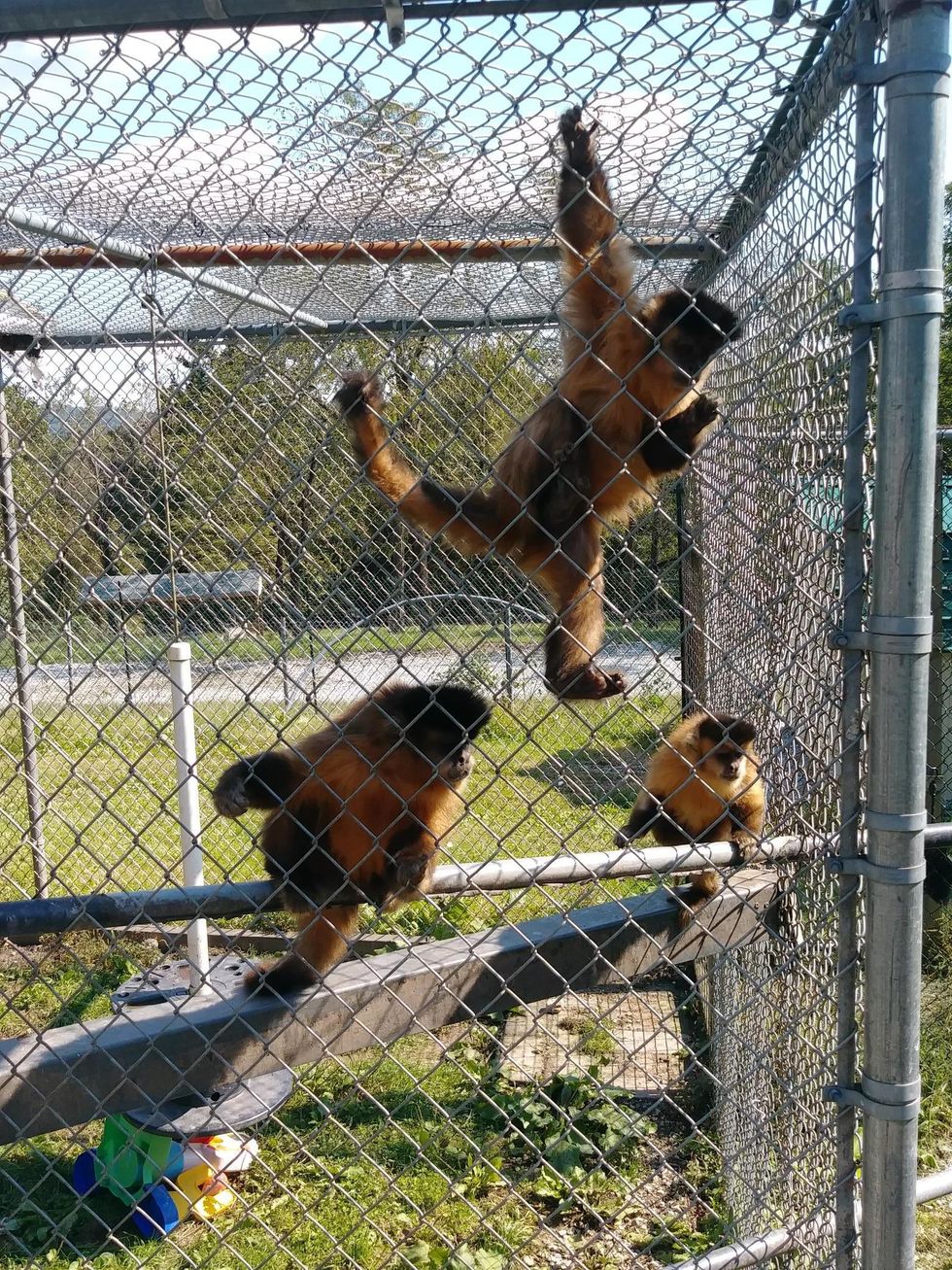
When a person adopts a wild or exotic animal they are not only putting the animal in danger, they are also potentially putting themselves in danger. Exotic animals can pose serious health risks to humans as many are carriers of zoonotic diseases, such as Herpes B, Monkey Pox, and Salmonellosis, all of which are communicable to humans. Not only this but once mature, these animals can perform serious damage and can injure and possibly kill people.
All in all, leaving exotic and wild animals to thrive in their natural habitat instead of cooped up in a cage is the best for both people and animals. Think about it, is it really worth jeopardizing the happiness of an animal just for your own personal entertainment? If you or someone you know is thinking of adopting a wild animal as a pet think again, for both you and the animal's sake.
